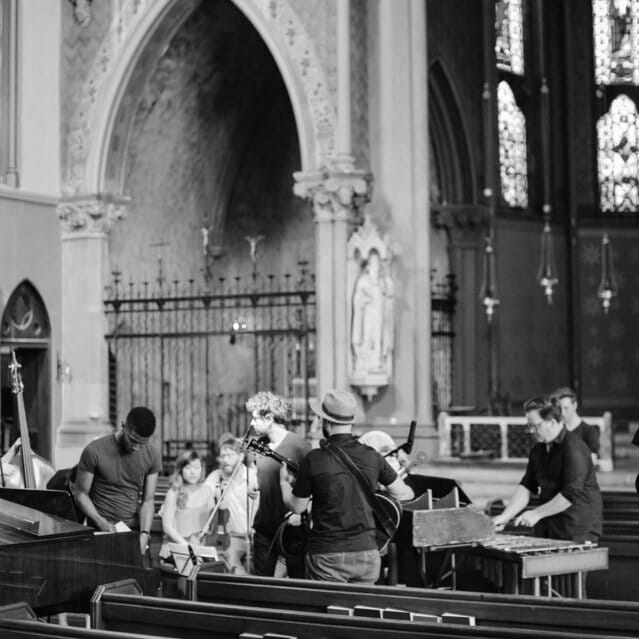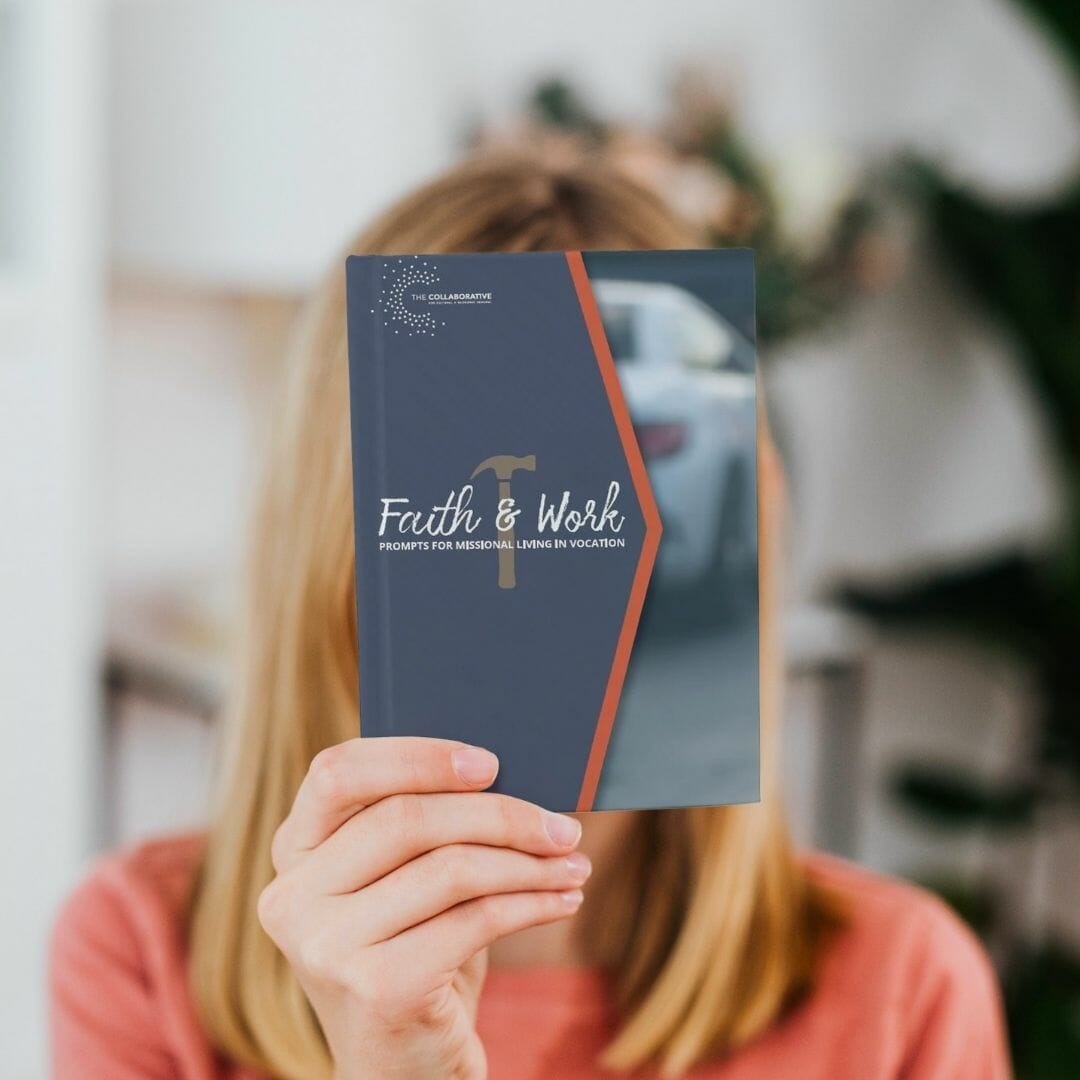“Remember,” he said, with a twinkle in his eye: “we’re trying to reach hearts and minds—not minds and hearts.”
The year was 2012, and I was just starting work on a collegiate outreach initiative to build a network of Christian college faculty and student leaders who could champion a moral case for free enterprise in ways that affirm the dignity of work, help the poor, and strengthen society. Should we focus on political economy PowerPoints, or somehow try speaking to the human soul?
Those of us in education, philanthropy, ministry, and related settings do face a kind of dilemma on these matters. If the human heart is a deeper well than the brain, how should this effect the way we invest scarce resources? And for regular readers of this blog, what does the primacy of the human heart mean in congregational life, in your workplace, or in daily decision-making?
Evangelical Doctrine
This impacts Evangelicals perhaps uniquely, because evangelion (“good news”) is at the core of the message to share with the world. God’s complete work in Christ is the foundation for true renewal in the world—beginning with repentance and faith. And yet it’s all-too-easy to reduce this “news” to cognitive, digestible bits of information; to disembodied doctrine.
True enough, Paul admonished the church in Rome to be transformed “by the renewing of your minds” (Rom. 12:2); that missive is critical. But that renewal of the mind leads to transformation of the heart, soul, and spirit. The challenge amidst our tendency to write books, host conferences, overthink, and overdescribe the gospel is that we aren’t brains on a stick, but embodied creatures.
In fact, growth comes about differently. We aren’t merely cognitive creatures: the truth is, most of us live primarily out of our hearts, not our minds, as numerous guests of The Collaborative Blog—Jamie Smith, Andy Crouch, Tim Keller, to name a few—have argued compellingly.
The key to sustainable growth, Smith argues, is praxis, or ongoing habit. Human flourishing comes by embracing “rhythms, practices and accountability,” not merely giving assent to didactic claims. To steer clear of the sin that easily entangles, it turns out our daily liturgies, habits, and patterns matter more than the cognitive belief-statements to which we assent.
That’s also because, as Jonathan Haidt describes in The Righteous Mind, our rational faculties are driven by moral intuition, and by our deeper heart-level commitments.
Which is precisely where the power of music comes in.
Cue the Music
Two years ago, a group of skilled musicians had an interesting idea: What if we could pool our talent and compose modern hymns about work and vocation, to be sung communally in churches and on seminary or college campuses? Could a band of Christian artists use new music bring to life a vision of how faith and work fit together in the world—that is to say, in the modern economy?
The answer was a resounding yes, on both counts. In June, with partial support from the Kern Family Foundation where I work, The Porter’s Gate gathered 60 musicians and other creatives to record a live album in New York City, featuring 13 songs that focus on vocation:
A 2014 essay from Nicholas Wolterstorff provided intellectual impetus for the project, challenging each artist to ask how music might better dovetail with daily work. How do prison songs, for example, differ from the chants of manual laborers, or the songs of an entrepreneur? Could “sung work” emerge as an entirely new musical genre, in which the daily grind of dish-washing or tabulating Excel tables is somehow transformed into acts of praise?
The album’s offering responding to these questions is far from glib, as its wide-ranging pieces vary considerably. Some are hauntingly reflective, while others are bright and filled with joy. But so too is the magnificent and complex reality of work, for those who take it seriously and seek to make it a primary means of tikkun olam, repairing the world.
A few examples: Audrey Assad’s “Wood and Nails” has garnered over 108,000 YouTube views, and it anchors our vocational wrestlings in the person of Christ the worker:
O humble carpenter, down on Your hands and knees
…O loving laborer with the sweat upon Your face
…Serving at the table You’ve prepared
In “Christ has no Body Now but Yours,” Josh Garrells reminds listeners that our hands and feet can be the bodily presence of this same Christ, to our fellow man. His somber, clarion voice offers listeners a lot to take in.
“Day by Day” brings Joy Ike’s description of a wide range of vocations: table server, farmer, carpenter, teacher, painter, laborer, lawyer, nurse, and city leader. She argues each role has a clear place in the advancement of God’s kingdom.
The entire album is worth hearing, and is available here on iTunes. And because those leading the effort aim not primarily at a cognitive argument, but rather in shared singing and in firsthand encounter with the gift of music, the songs speak to the heart.
Each modern hymn includes freely available sheet music, which congregations, small groups, and campuses are invited to download. Forthcoming liturgical resources will help make that easier than ever.
Hearts and Minds
And this brings us back to the power of the heart, and not merely the mind, in embedding our deepest commitments through the habits, rituals, and company we keep.
Music holds “immense power to sweep people up into its sound,” science suggests; that’s because our hearts are designed for it.
Yet while much of Christian music today emphasizes the afterlife and otherworld—a kind of escape from reality, Work Songs offers the modern church a way to truly reconnect our worship and work.
And that’s a down-to-earth chorus well worth joining: hope you’ll take a listen and join the tune.
Josh Good serves as program director for the Faith, Work, & Economics Program at the Kern Family Foundation.



